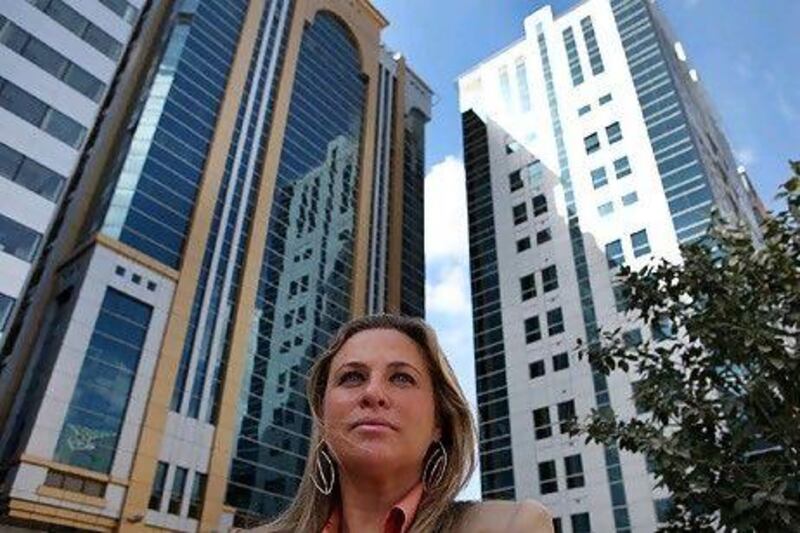Whistleblowing is a crucial part of detecting fraud and corruption, argues Tania Fabiani. Here the president of the UAE chapter of Association of Certified Fraud Examiners, who is also the Middle East fraud risk assurance leader for PricewaterhouseCoopers (PwC), talks about guidelines she helped to draw up when she was the head of the anti-fraud programme at the Abu Dhabi Accountability Authority.
You say whistleblowing is vital. Why?
If you think about it, whistleblowing is a channel that allows organisations to deal with their own issues. It's a detective mechanism, and a very effective one. Forty-three per cent of detection of fraud and corruption comes from whistleblowing, according to a 2007 study by PwC. Whistleblowing should be a compliance hotline where people call in not only to report potential wrongdoings but also to create a compliance culture and address genuine inquiries from employees such as stock trading, acceptance of gifts and other matters. It cannot be used in isolation and needs to be closely controlled.
Why do employees turn to crime?
It has to do with opportunity, lack of oversight, incentives and pressures, lack of a judicial system that would penalise such behaviour.
What motivates people to divulge their company's secrets?
It comes down to the human factor. Some people will do it because they have a true intent and true concern about [an issue]. Some people will do it maliciously. Sometimes it could be a management dispute. It could be a situation where one employee doesn't get on with another one and they claim wrongdoing or criminal activity.
Does the UAE have any legislation about whistleblowing?
We have signed the UN anti-corruption convention and we are moving towards better governance. We are in the process of creating that legislation and it is happening.
Is there anything in place just now?
In Abu Dhabi, the Accountability Authority has developed an anti-fraud and anti-corruption framework [and] guidelines. But most important provided support and resources to assist state-owned entities and central government departments to implement the framework, that is proactive in regards to fraud and corruption. [It includes] a fraud control policy. This is a guideline that we spent an entire year developing. We studied and discussed with the top five governed countries in the world, we talked to the best forensic professionals around the world to help us develop a policy that would be comprehensive and make sense.
How does it work?
It is issued by a president of a company. He would issue this and say 'This is our policy to battle fraud and corruption.' [We] will do these measures to prevent it, we will do these measures to detect it and we will do these measures to respond to these issues. We [also developed a] fraud scenario assessment, which not only maps out the vulnerabilities of an organisation, but also better educates its employees, among other benefits.
* Gillian Duncan
twitter: Follow our breaking business news and retweet to your followers. Follow us






